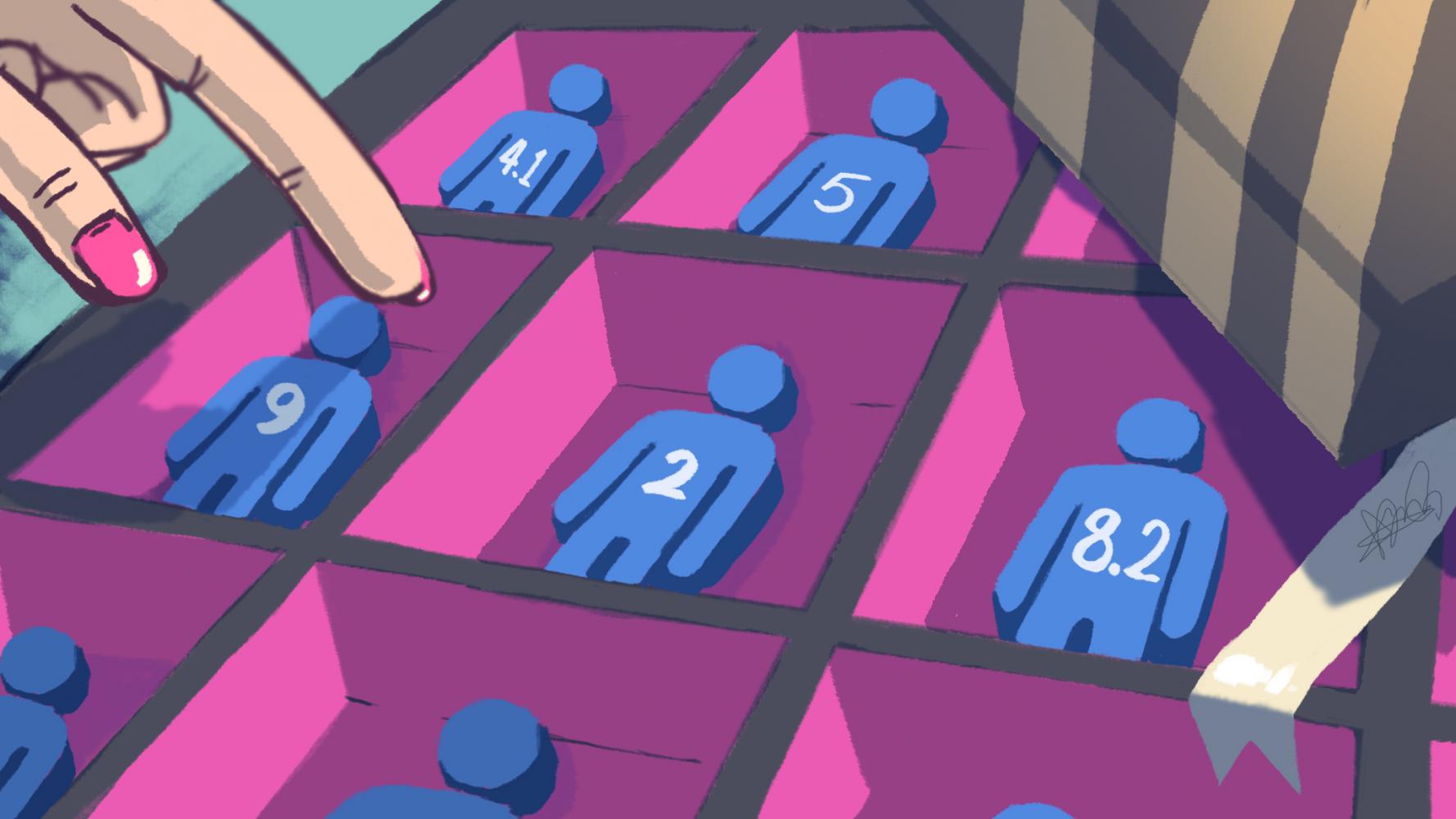Lulu: Treat Men the Way They Treat Us.
by Dev Sheth | published Feb. 14th, 2015
Ever since the rise of smartphones, we have seen an absolutely massive number of apps try to find footholds in the cliffs that are the app-ecosystems of the popular platforms. The business model has shifted from paid apps to free-and-premium apps to the current in-app purchase model. Among the millions of apps that populate Android Play and the App Store, it is a question of finding the right model to cater to the audience which the app makers hope to grab. As such, Lulu, the women-centric matchmaking app, has come up with a model that looks to milk a movement, and perhaps inevitably so.
By trying to treat men and women differently, Lulu creates a divide between the two genders. Under the disguise of helping women make smarter decisions, the app is seeking to do what Ello did a while ago: take advantage of a spotlight issue and build an audience. And like Ello, Lulu is doomed to fail — and for the same reason. That strategy just does not work.
One of the standout moments of 2014 was Emma Watson’s speech at the United Nations on the subject of gender equality where she calls on all men to join the conversation and to be equal stakeholders in the effort to empower women with the rights they've been denied for so long. In such times, apps like Lulu do significant damage to our efforts by trying to commercialize a movement that may appear to be just another campaign in some parts of the world, but is fundamental to the rights denied to women in certain cultures.
Another team that tried to use the feminism campaign is the people behind the #meninist movement. In trying to sell those t-shirts, they ended up treating feminism as a joke and making fun of most of the points raised by feminists. By doing so, the people behind #meninist not only trivialized feminism but also the issue of male suppression, which is an important issue as well, even if it may not be as rampant. That led to an argument about what feminism means across all social media, moving the focus away from what needed to be done.
The trouble with feminist campaigns is often that the argument whittles down to the time-tested staple: “All men are the same.” Now, it is not Watson or fellow instigators that make this case. In fact, their efforts often tend to treat men as equal contributors to the solution. When the aforementioned argument is made, however, it puts men who support the movement on the defensive. In doing so, it takes away their ability to make the case for feminism against other men who are either not in favor of the movement or unaware of how high the stakes are.
Of course, another issue with Lulu is that by not allowing men to interact openly, it allows
For centuries, women have been subject to continuous abuse at the hands of men. It is past time we men start treating them with the love, care and respect that they afford us. Apps like Lulu, however, attempt to right a wrong with another wrong. My fear is that it is not a sustainable model, and that has proved to be correct every time — except in the case of math, of course. If by taking the hits now, men can help women vent the anger and frustration accumulated from millennia of inequality, I think we should. For the greater good.



